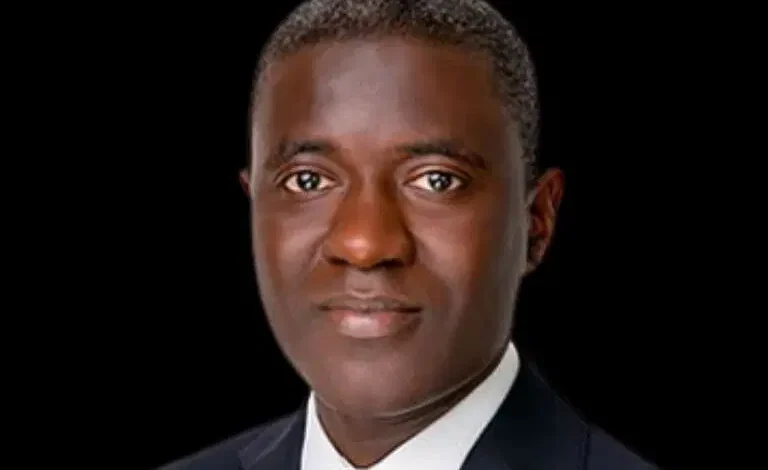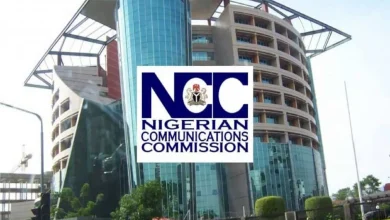
People often wonder how kidnappers and other criminals manage to evade capture, even when they are seen on video or make contact with their victims’ families. Senate President of the Nigerian Association of Nigerian Students (NANS), Henry Okunomo, recently voiced his frustration about this issue on TV. He questioned why, in this age of advanced technology, kidnappers can still operate with such ease.
Okunomo expressed dissatisfaction with how security agencies handle these situations. He said, “I am not satisfied with the way security agencies are going about the matter. The government cannot tell me there is no other way this kidnapping thing can be nipped in the bud. After all, there are several measures already in place, why are they not working?”
The measures Okunomo referred to include:
– SIM Card Registration by the Nigerian Communications Commission (NCC) in 2011.
– Nigerian Identity Number (NIN) Enrollment by the National Identity Management Commission (NIMC) starting in 2015.
– NIN-SIM Registration by the Federal Government in 2020, involving NCC, NIMC, and the Central Bank of Nigeria (CBN).
– NigComSat-1R Communications Satellite, launched in 2012.
These measures were intended to improve national security by enhancing the ability of law enforcement to track criminal activities and secure digital transactions. Despite this, kidnappers and bandits continue their activities with seeming impunity, leading some to question whether these systems are failing or if there is corruption within the security agencies.
In Zamfara State, a kidnap victim named Mallam Yushau Jangeme reported that local security agents did not trace the phone calls from his kidnappers, despite having the phone numbers. Jangeme, who was abducted along with six others, said that even after providing the phone numbers to the authorities, they failed to intervene effectively.
Public affairs commentator Chike Ogbu also criticized the effectiveness of SIM and NIN registrations. He asked, “We have had all manner of SIM activity registrations in this country. We have had Identity registrations and we have a communications satellite. Which one of them is not functioning or which agency of government is not releasing sensitive information necessary for picking these renegades? What is actually the problem, or are our security agents complicit?”
The NCC had stressed the importance of NIN-SIM linkage to clean up the SIM ownership database and prevent misuse by criminals. However, the problem persists.
A top NCC official explained, “Our resolve hinged on the need to close in on the chaos of untoward ownership of multiple SIM cards with unverified NIN details. We had instances where a single individual had over 10,000 lines linked to his NIN. In some cases, we have seen a single person with 1,000 lines, some 3,000 plus lines. What were they doing with these lines?”
The official added, “On the issue of kidnappers making calls to victims’ families without being traced, I don’t think that power is residual in our hands. Our duty is not to track and arrest people who make calls rightly or wrongly.”
A satellite engineer from Nigerian Communications Satellite Company (NIGCOMSAT) clarified that their satellite, NigComSat-1R, is a communications satellite and not equipped with cameras to capture crime scenes. It collects data and digital footprints, which are provided to security agencies upon request.
The engineer said, “Although NigComSat-1R is a communications satellite, it is not equipped with cameras. It gathers data and digital footprints which we make available to security agencies that can read and interpret them effectively. So, people should not think that because crimes are happening unabated, the satellite is not working or performing its duties.”





